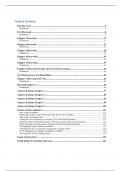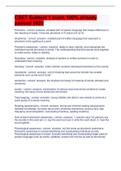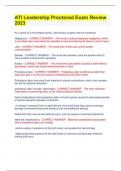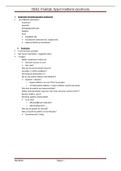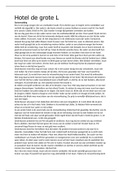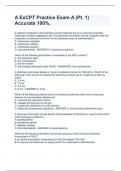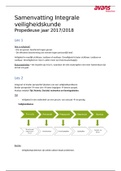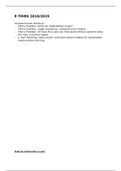Samenvatting
Literature summary state, power and conflict
- Vak
- Instelling
summary of politics by Andrew Heywood (chapters, 1, 2, 3, 4, 6, 10, 11, 12, 17, 7 (only 161-170 ), what is power in global affairs by Joseph nye (chapter 1), the making of global international relations by acharya and buzan (chapter 1, 3, 5, 7, 9), articles from the course.
[Meer zien]
